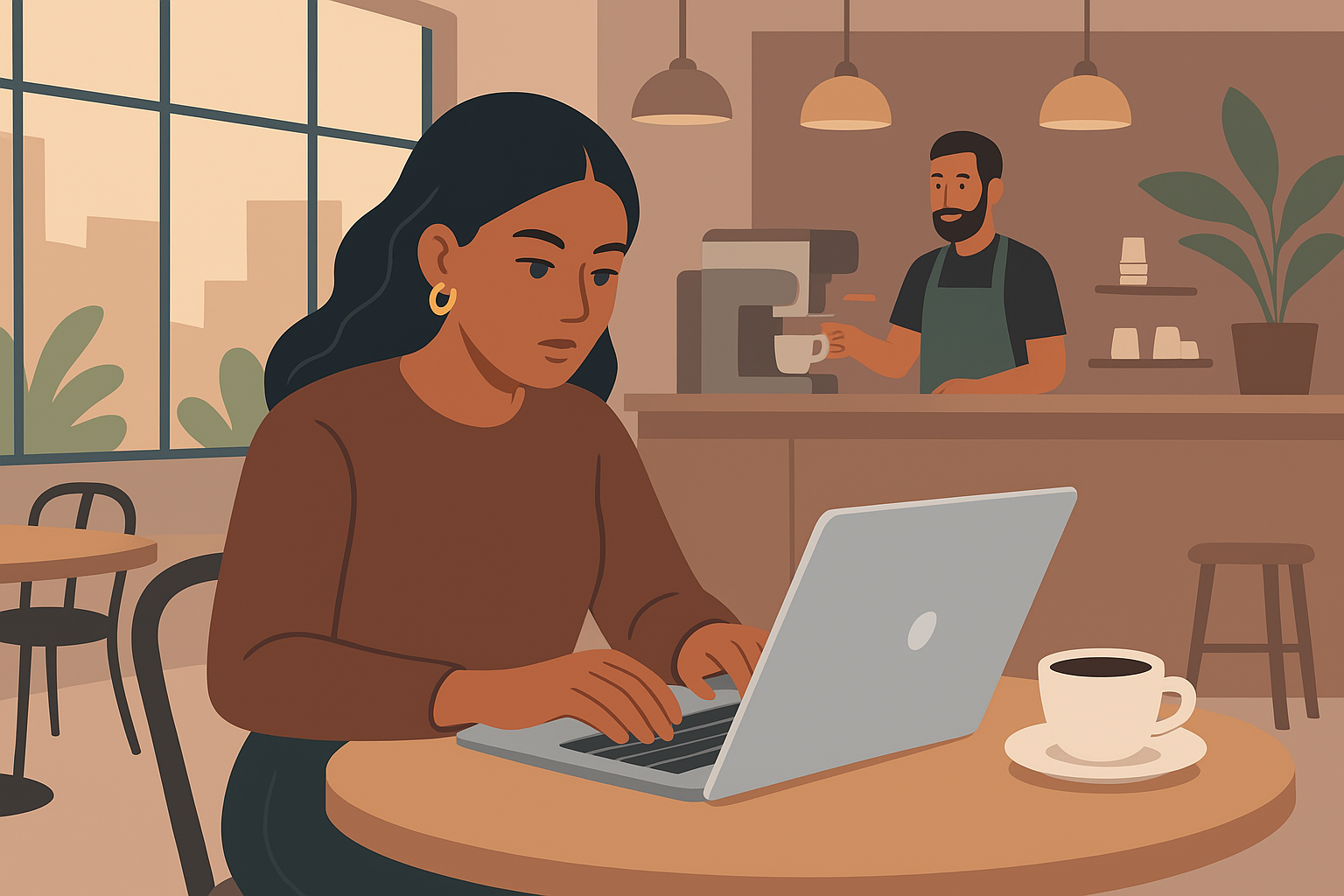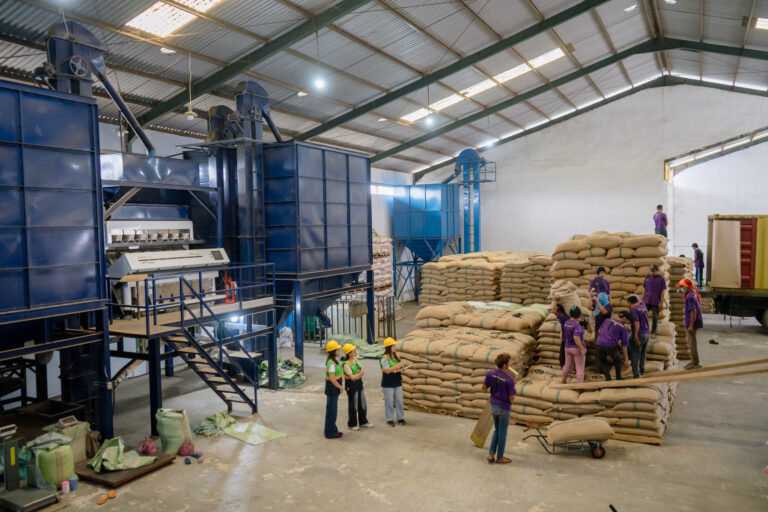Generation Z is emerging as the driving force behind changes in the global coffee industry. According to Tastewise, conversations about coffee among Gen Z have increased by 150 percent year on year. With an estimated 69 million members in the United States alone, this generation begins drinking coffee at around the age of fifteen, and nearly half of them, about 47 percent, consume it daily. These figures highlight how Gen Z has become a key consumer segment shaping the future of coffee.
One of the most prominent trends is the popularity of cold brew, which is no longer confined to summer but enjoyed throughout the year. Instant coffee, once considered outdated, has also regained attention thanks to the viral Dalgona Coffee trend on TikTok. Gen Z has further shown a growing interest in functional coffee enriched with adaptogens, collagen, and nootropics to support health and productivity. This preference aligns with their tendency to choose simpler and healthier coffee options such as black coffee without sugar, lactose-free varieties, or decaf.
Sustainability is a central concern for this generation. Research shows that between sixty and seventy-three percent of Gen Z consumers are willing to pay more for coffee products that are environmentally responsible, from farming practices to packaging. At the same time, drinking coffee at home has become more common, driving demand for instant coffee, capsules, and ready-to-drink cold brew. The trend of creating a “home café” and sharing it on social media continues to grow, underscoring how important the visual and experiential side of coffee is to Gen Z. For them, coffee is not only a beverage but also an aesthetic and social experience to be shared.
This shift, however, also presents challenges for the industry. High expectations regarding transparency in the supply chain and sustainable practices require brands to innovate constantly. Traditional coffee companies that fail to adapt risk losing relevance, as Gen Z tends to be skeptical toward brands that appear stagnant. On the other hand, there are vast opportunities for those who can combine functionality, strong visual appeal, and digital accessibility through apps and modern brewing technologies.
Looking ahead, the coffee industry is expected to move further toward innovative instant products, deeper community engagement online, and the integration of technology, including AI-powered espresso machines and personalized coffee subscription services. Additional trends such as whipped coffee in new flavors, the shift toward coffee as a social ritual replacing alcohol, and custom drink innovation at fast food chains reinforce the idea that Gen Z is redefining what a cup of coffee means.
Ultimately, coffee in the hands of Gen Z is far more than a morning pick-me-up. It is a reflection of lifestyle, identity, and creativity. Brands and businesses that respond to their demand for functionality, sustainability, and authentic experiences will be best positioned to win their loyalty.





